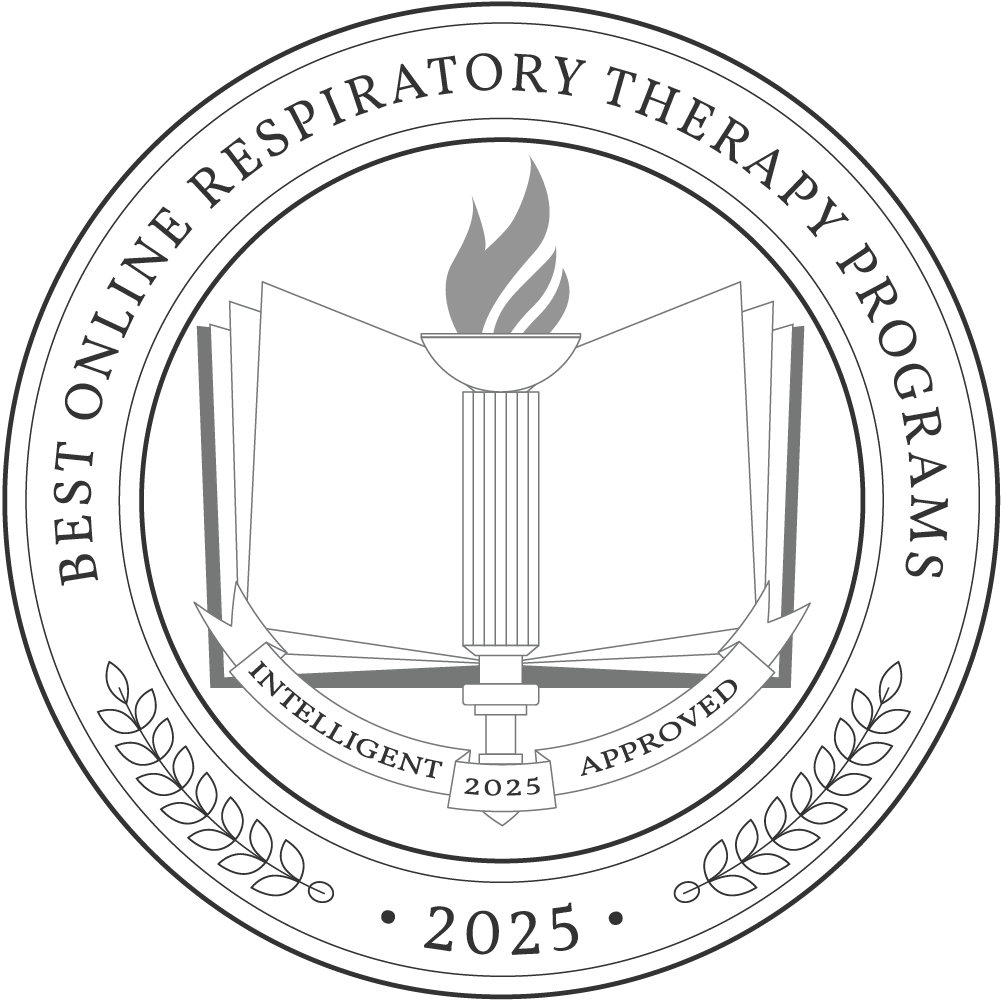According to the Bureau of Labor Statistics (BLS), the need for respiratory therapists is expected to grow by 13% through 2032. Students can prepare for jobs as respiratory therapists by earning a two-year associate degree or a four-year bachelor’s degree. The median annual salary for a respiratory therapist is $77,960. With further education, students who earn an online degree in respiratory therapy can pursue careers as registered nurses ($86,070 annually) or clinical lab technicians ($60,780 annually).
According to the National Center for Education Statistics, the average tuition for an undergraduate degree program is $7,998 at public universities and $34,923 at private institutions.
Why Trust Us
The Intelligent.com Higher Education Team is dedicated to providing students with independent, equitable school and program rankings and well-researched resources. Our expert-driven articles cover topics related to online colleges and programs, paying for school, and career outlooks. We use data from the U.S. Department of Education’s College Scorecard, the National Center for Education Statistics, and other reputable educational and professional organizations. Our academic advisory team reviews content and verifies accuracy throughout the year for the most current information. Partnerships do not influence rankings or editorial decisions.
- Analyzed over 2,000 national, accredited, and nonprofit colleges and universities
- 800+ rankings pages are reviewed and updated yearly
- Content is informed by reputable sources, surveys, and interviews with academic advisors and other experts
- Over 100 data points are reviewed for accuracy and quality throughout the year, including sources
How we rank schools
Our list features the best online Respiratory Therapy degree programs at top colleges nationwide. Each school featured is a nonprofit, accredited institution — either public or private — with a high standard of academic quality for post-secondary institutions.
We evaluated each school’s program on tuition costs, admission, retention and graduation rates, faculty, reputation, and the student resources provided for online students. We collected data from trusted sources like the National Center for Education Statistics, individual school and program websites, school admissions counselors, and other data sources. Then, we calculated the Intelligent Score on a scale of 0 to 100 based on the following criterion:
Academic Quality:
- Admission rate versus enrollment rate
- Retention rate of students who return after year one
- Accreditation status (regional and programmatic)
- Nonprofit status, both private and public institutions
Graduation Rate
- Overall graduation rate
- Total number of currently enrolled students, including diversity metrics
- Student-to-faculty ratio
Cost and ROI
- In-state and out-of-state per-credit tuition rates and fees
- Required credits to graduate
- Earning potential after graduation
- Availability of federal student loans, scholarships, and other financial aid options
Student Resources
- Available student services for online-only and hybrid programs
- On-campus amenities like tutoring centers and the number of libraries
Read more about our ranking methodology.
Best 26 Accredited Online Respiratory Therapy Degree Programs
FiltersInstitution Type
Status
- Intelligent Score
- Alphabetically By University Name
- Acceptance Rate
- Enrollment
- In-state Graduate Tuition
- Out-of-state Graduate Tuition
- In-state Undergraduate Tuition
- Out-of-state Undergraduate Tuition
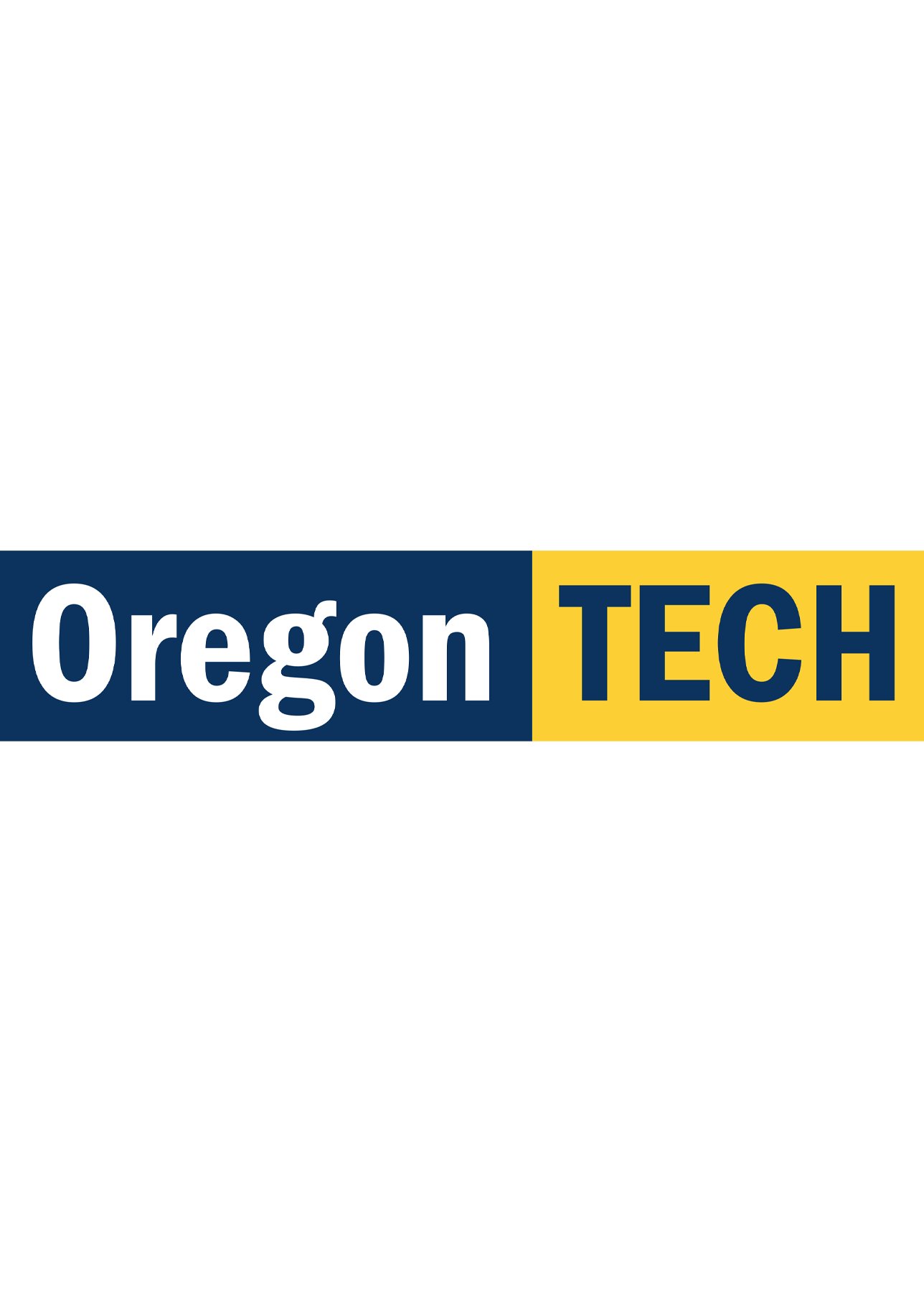
Oregon Institute of Technology
Intelligent Score: 98.83In-state: $9,212
Out-of-state: $29,322
In-state: $12,713
Out-of-state: $12,713
SAT: 990-1200
ACT: 20-27
$322
Online
Northwest Commission on Colleges and Universities
187
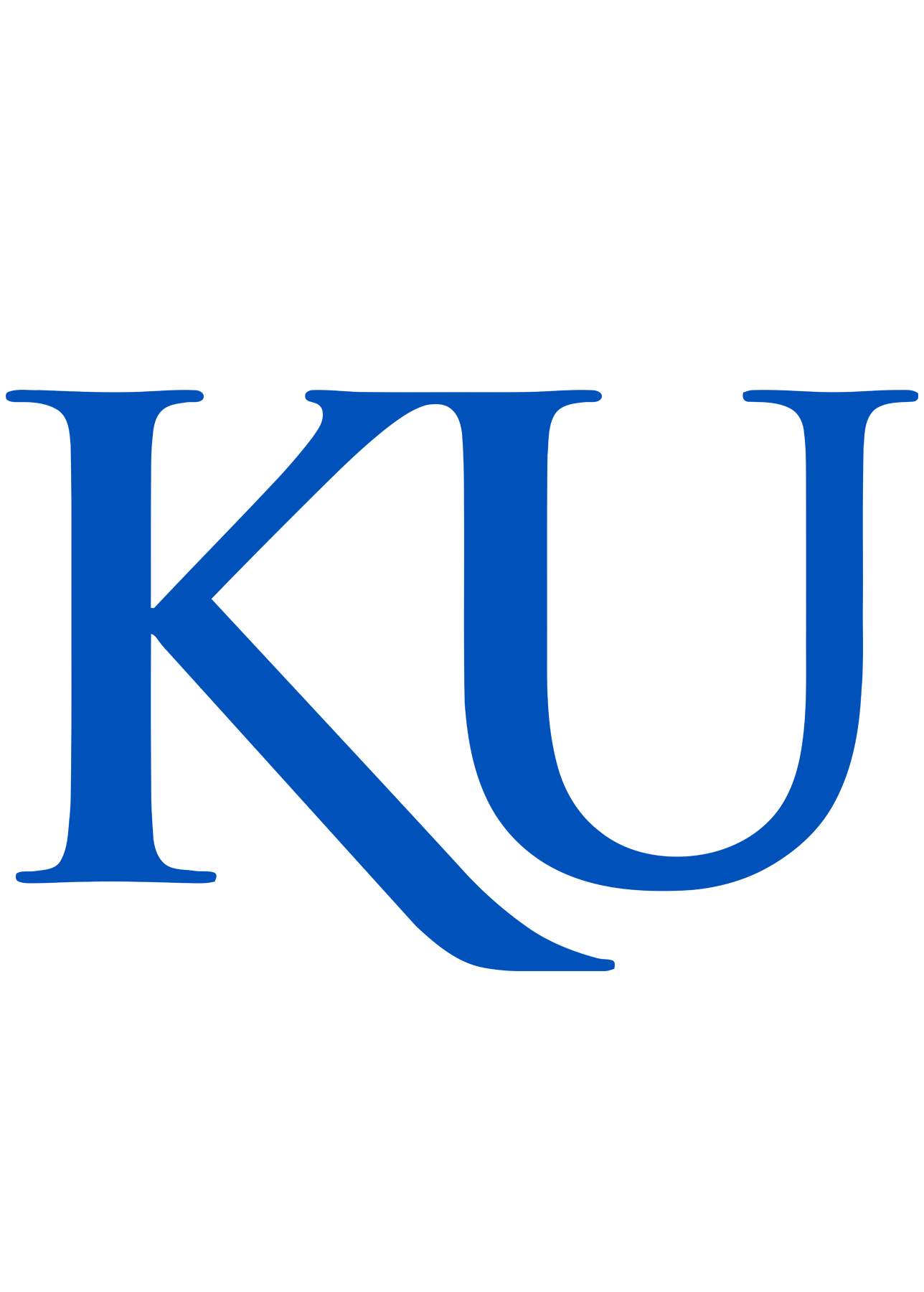
University of Kansas Medical Center
Intelligent Score: 98.61In-state: $10,092
Out-of-state: $26,960
In-state: $9,989
Out-of-state: $9,989
SAT: 1070-1320
ACT: 22-29
Resident: $359
Non-Resident: $935
Online
Commission on Accreditation for Respiratory Care
120

University of North Carolina at Charlotte
Intelligent Score: 98.61In-state: $7,019
Out-of-state: $34,198
In-state: $10,552
Out-of-state: $10,552
SAT: 1280-1490
ACT: 28-33
Resident: $158
Non-Resident: $769
Online
Commission on Accreditation for Respiratory Care
120
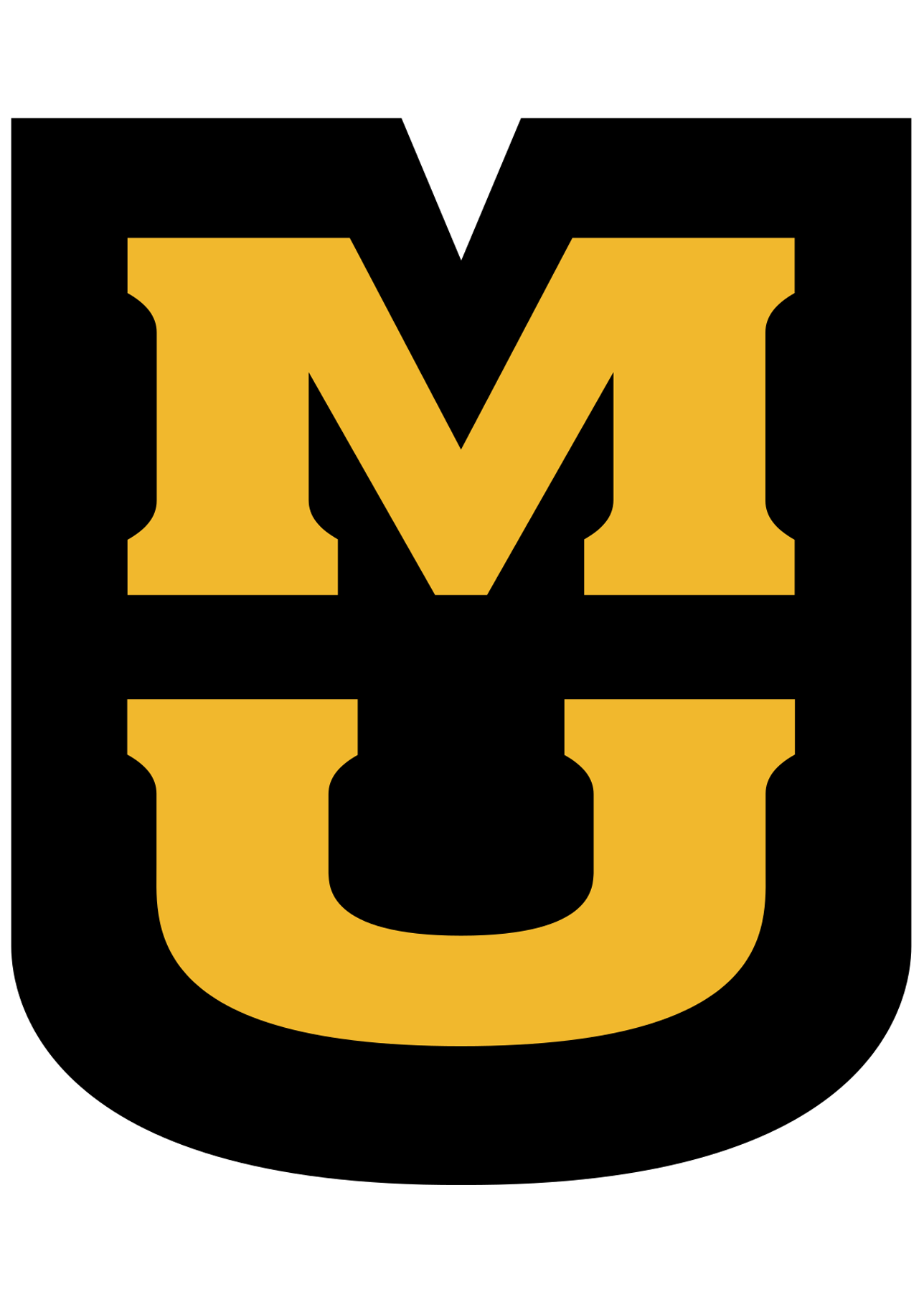
University of Missouri
Intelligent Score: 98.43In-state: $9,330
Out-of-state: $27,612
In-state: $9,478
Out-of-state: $9,478
SAT: 1110-1320
ACT: 23-29
$617
Online, On Campus
Commission on Accreditation for Respiratory Care
120
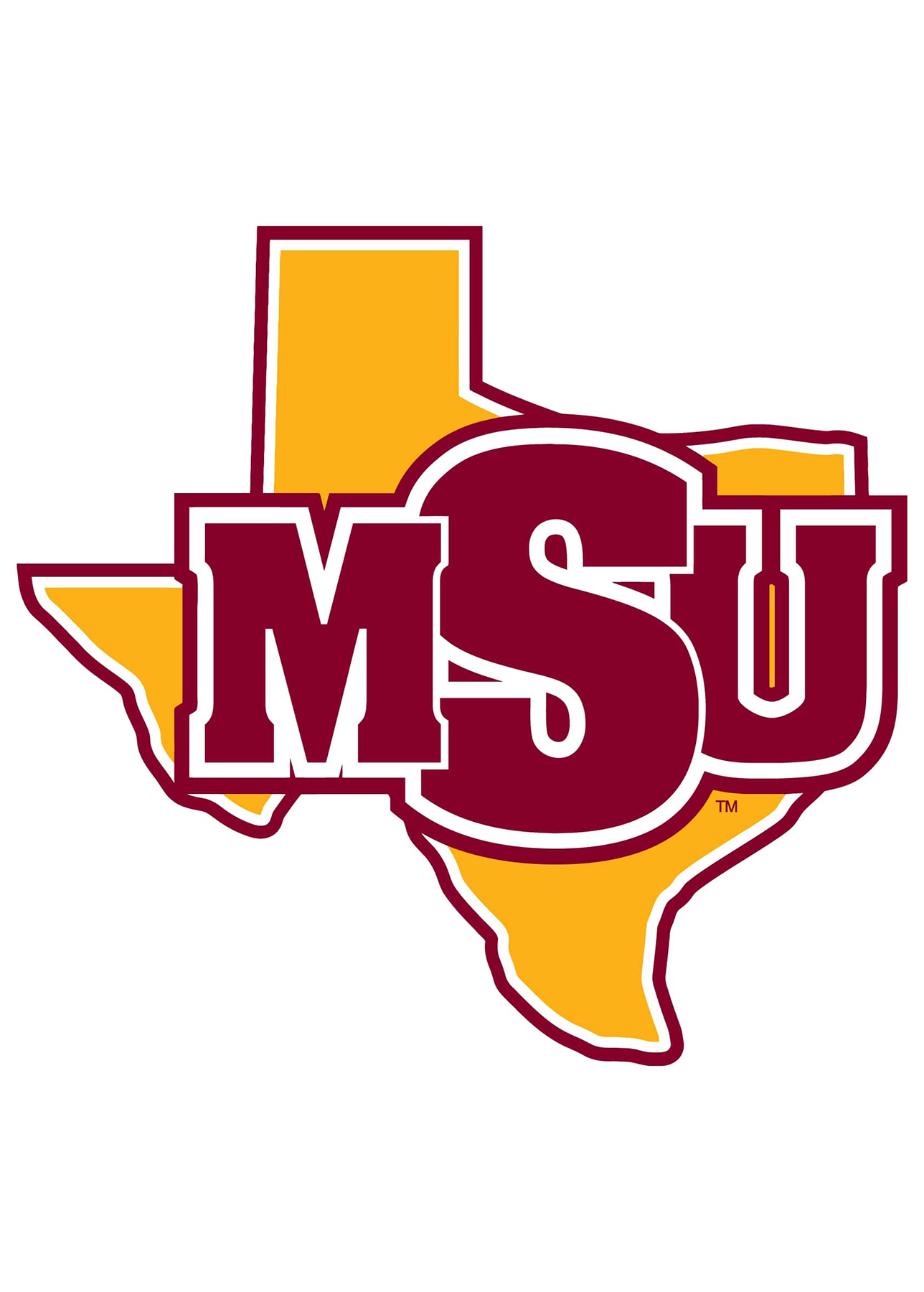
Midwestern State University
Intelligent Score: 97.47In-state: $5,708
Out-of-state: $7,658
In-state: $4,145
Out-of-state: $4,145
SAT: 910-1100
ACT: 16-22
Resident: $50
Non-Resident: $115 - $460
Online, On Campus
Commission on Accreditation for Respiratory Care
120
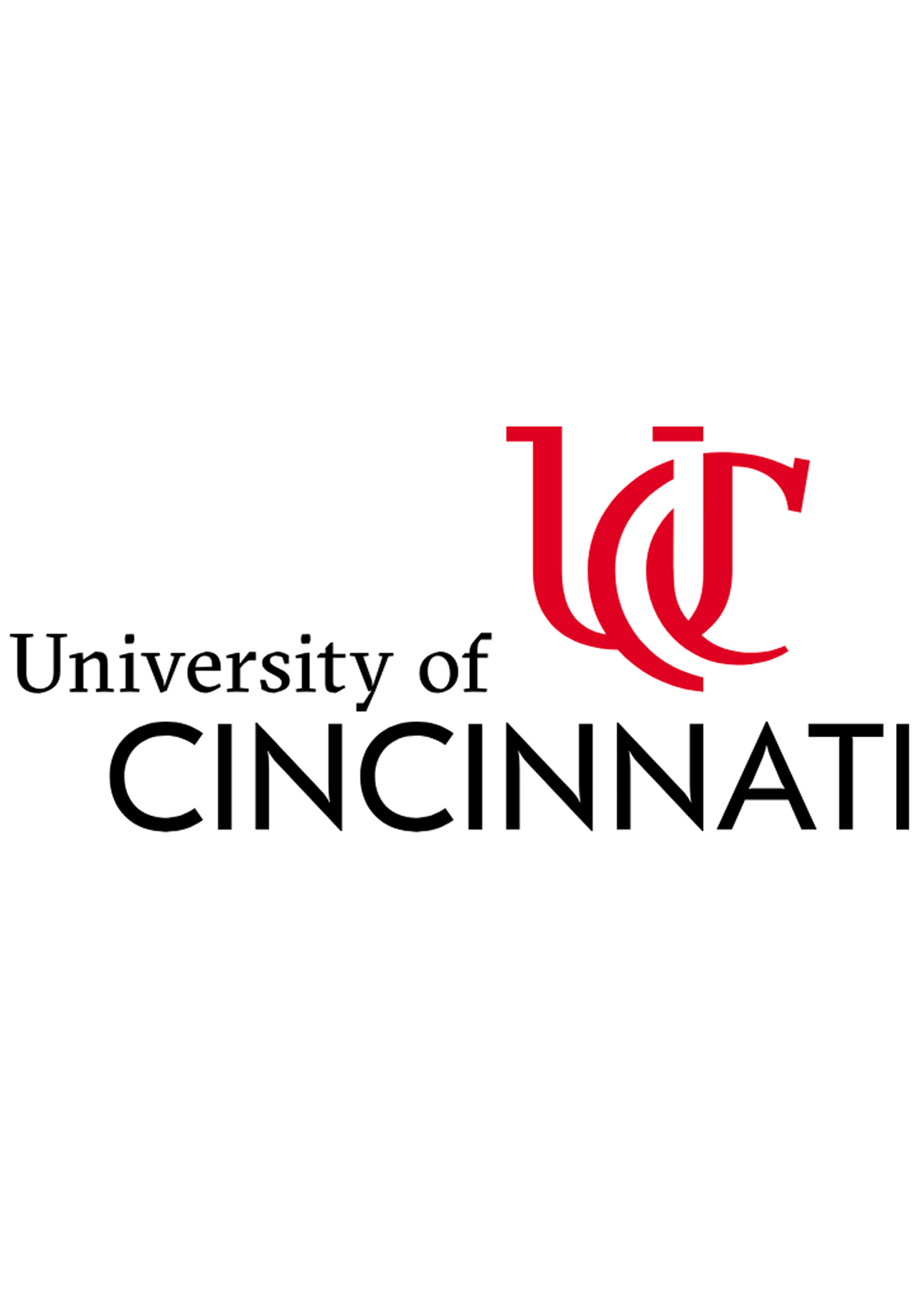
University of Cincinnati
Intelligent Score: 96.36In-state: $9,723
Out-of-state: $25,057
In-state: $13,224
Out-of-state: $13,224
SAT: 1120-1330
ACT: 23-29
Resident: $573
Non-Resident: $588
Online
Commission on Accreditation for Respiratory Care
120
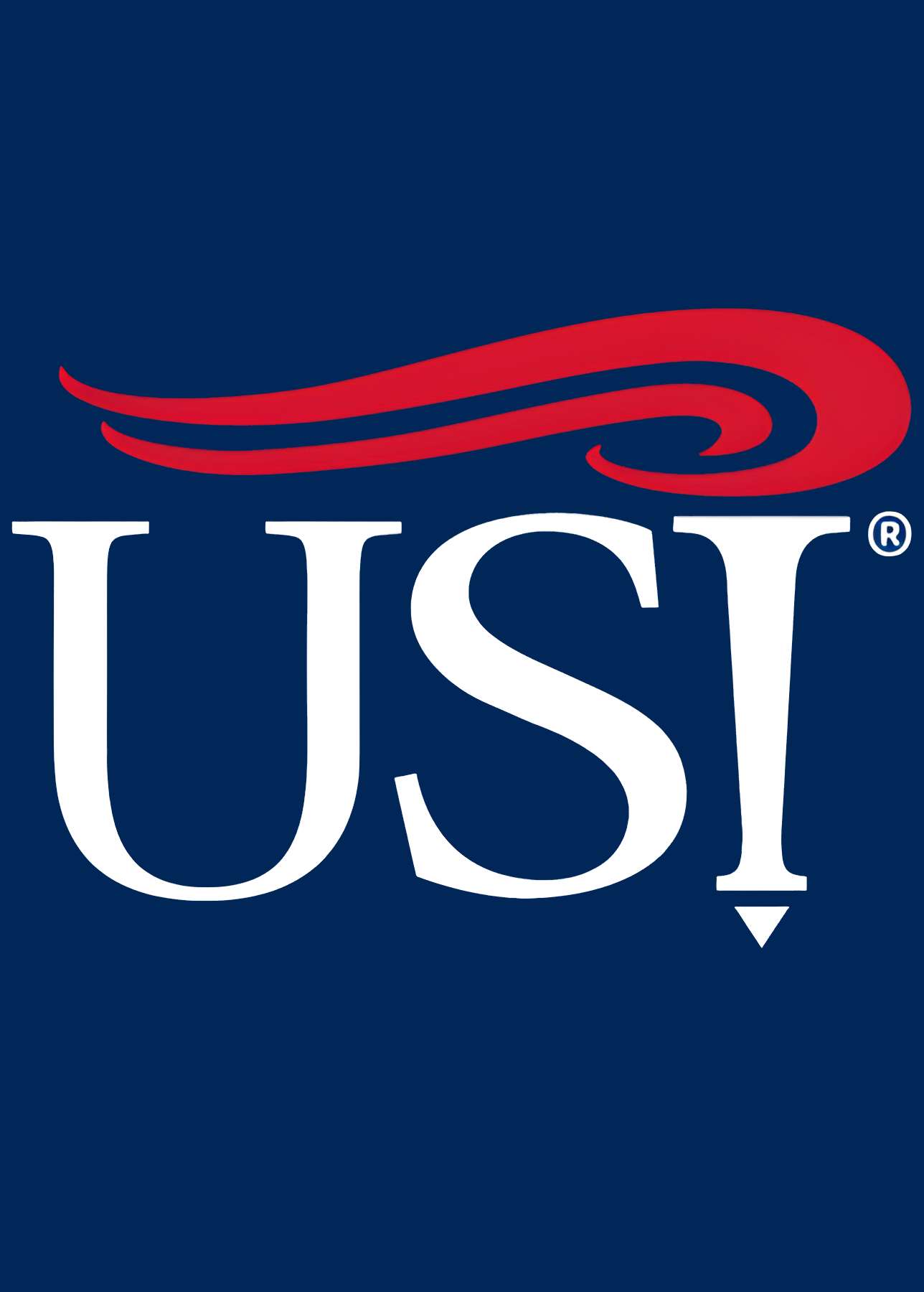
University of Southern Indiana
Intelligent Score: 96.02In-state: $8,716
Out-of-state: $20,252
In-state: $10,246
Out-of-state: $10,246
SAT: 980-1170
ACT: 19-25
$345
Online
Commission on Accreditation for Respiratory Care
120
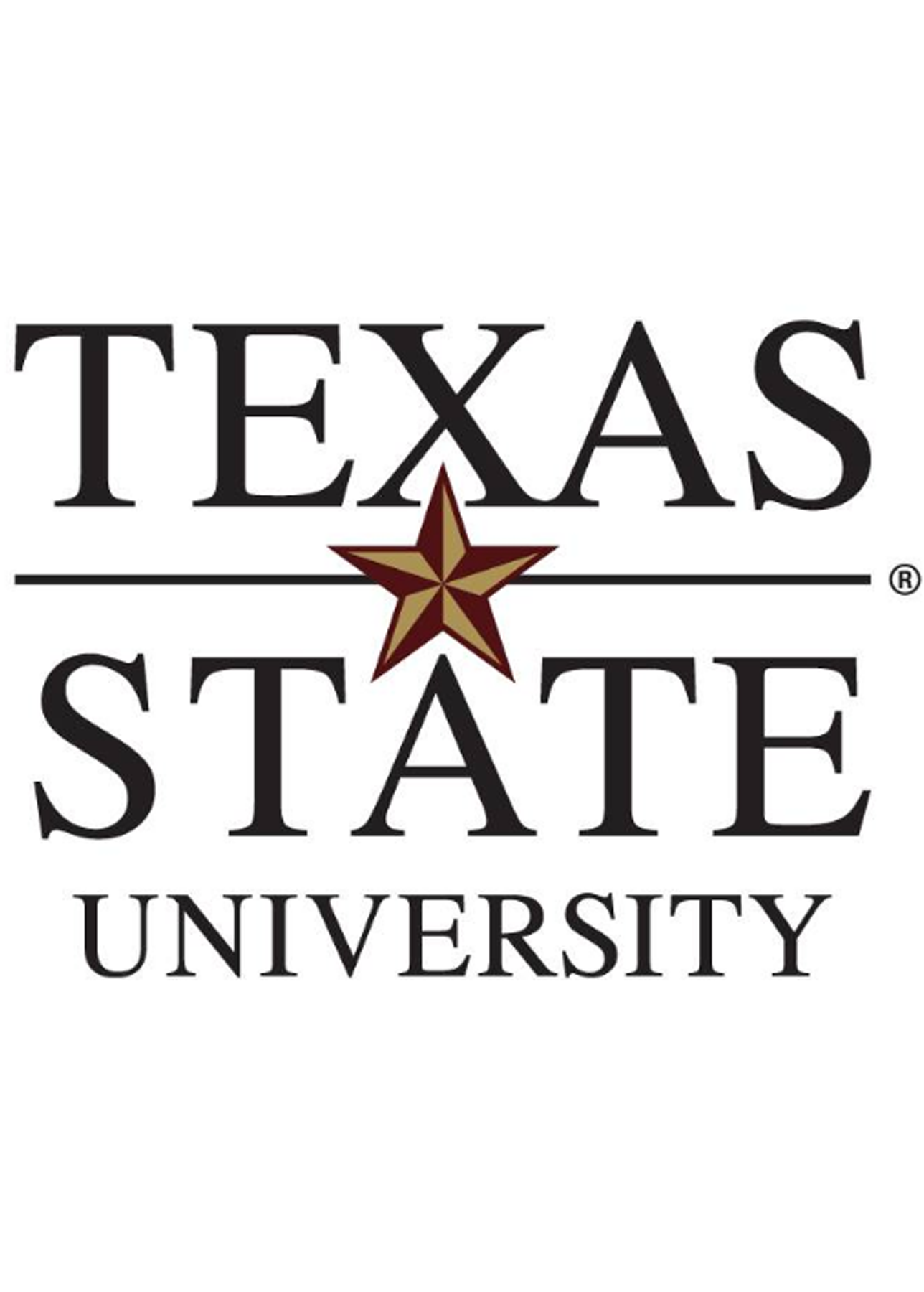
Texas State University
Intelligent Score: 93.75In-state: $8,326
Out-of-state: $19,778
In-state: $6,946
Out-of-state: $6,946
SAT: 1010-1180
ACT: 20-25
Resident: $307
Non-Resident: $717
Online
Commission on Accreditation for Respiratory Care
120
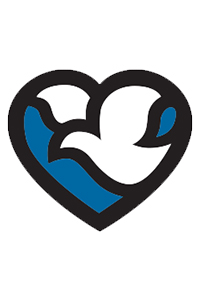
Nebraska Methodist College
Intelligent Score: 93.26In-state: $33,309
Out-of-state: $33,309
In-state: $37,225
Out-of-state: $37,225
SAT: 1140
ACT: 22
$623
Online
Commission on Accreditation for Respiratory Care
129
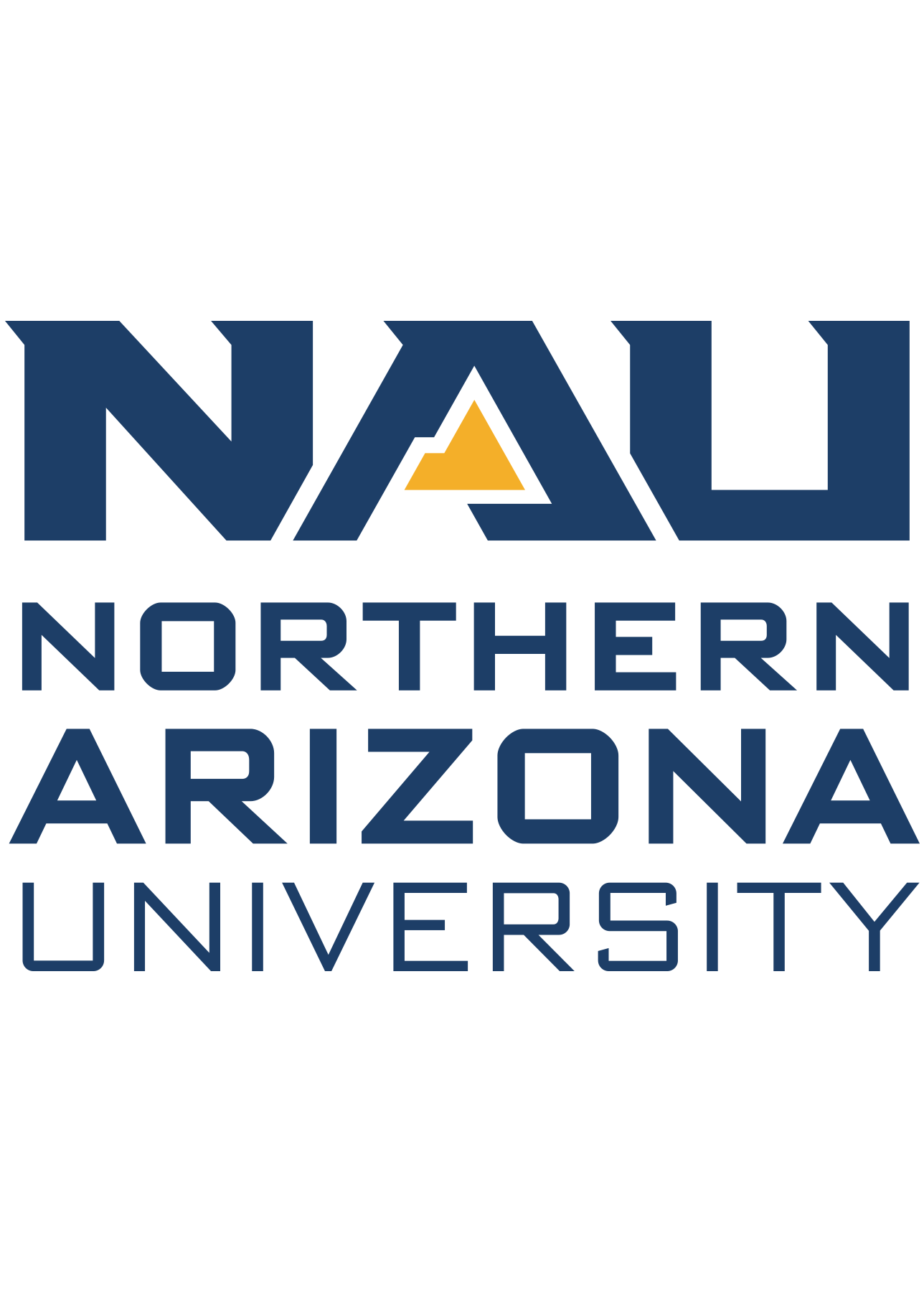
Northern Arizona University
Intelligent Score: 93.11In-state: $10,243
Out-of-state: $16,248
In-state: $10,309
Out-of-state: $10,309
SAT: N/A
ACT: N/A
$378
Online, On Campus
Higher Learning Commission
120

Georgia Southern University
Intelligent Score: 92.38In-state: $4,371
Out-of-state: $15,425
In-state: $4,986
Out-of-state: $4,986
SAT: 993-1170
ACT: 18-24
$199
Online
Commission on Accreditation for Respiratory Care
130
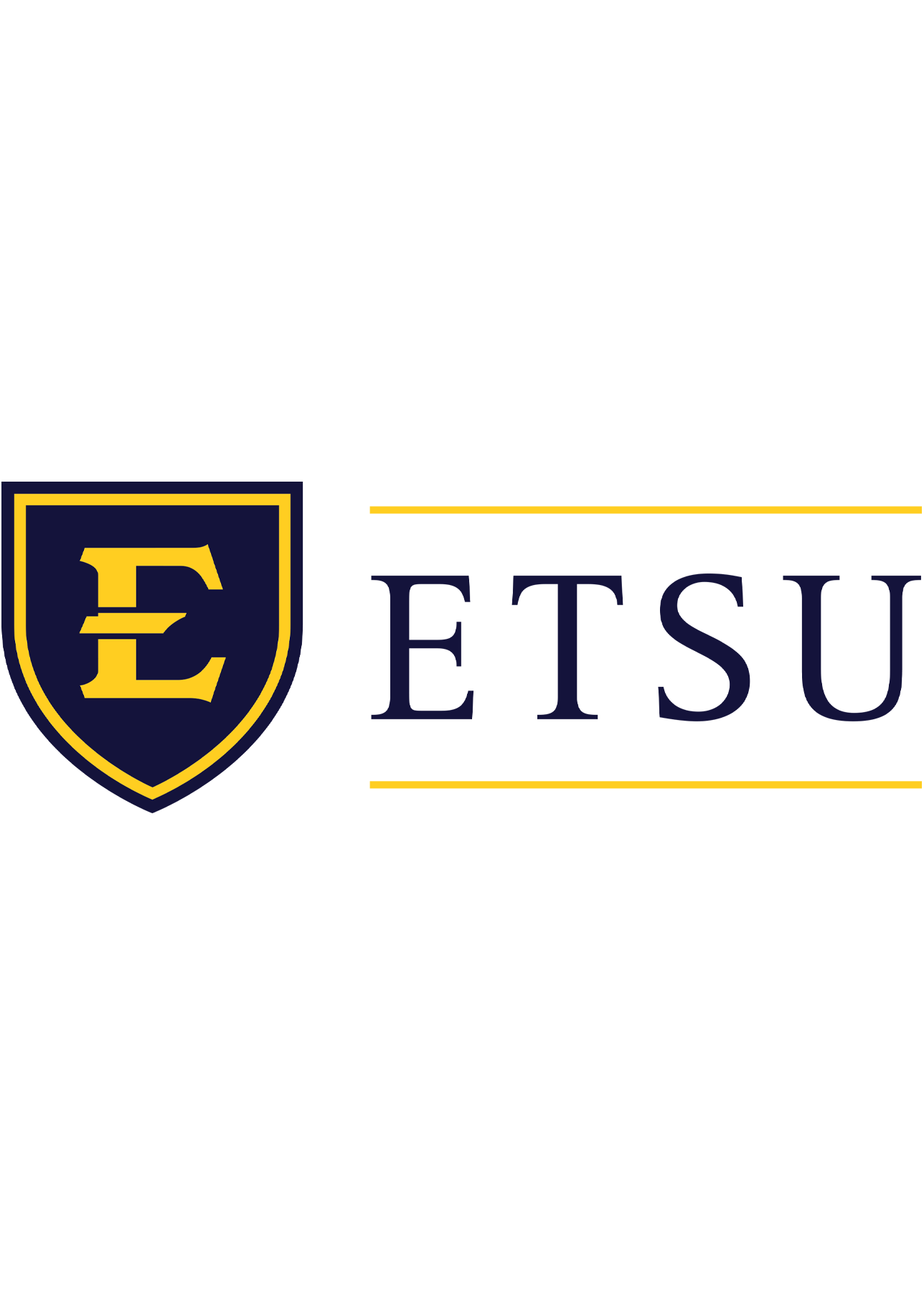
East Tennessee State University
Intelligent Score: 90.41In-state: $7,340
Out-of-state: $25,487
In-state: $8,640
Out-of-state: $8,640
SAT: 940-1170
ACT: 20-27
In-State: $276
Out-of-State: $435
Online
Southern Association of Colleges and Schools Commission on Colleges
120

University of Michigan-Flint
Intelligent Score: 89.9In-state: $16,520
Out-of-state: $53,669
In-state: $24,344
Out-of-state: $24,344
SAT: 1340-1520
ACT: 31-34
In-State: $542
Out-of-State: $598 - $1,084
Online
Commission on Accreditation for Respiratory Care
124
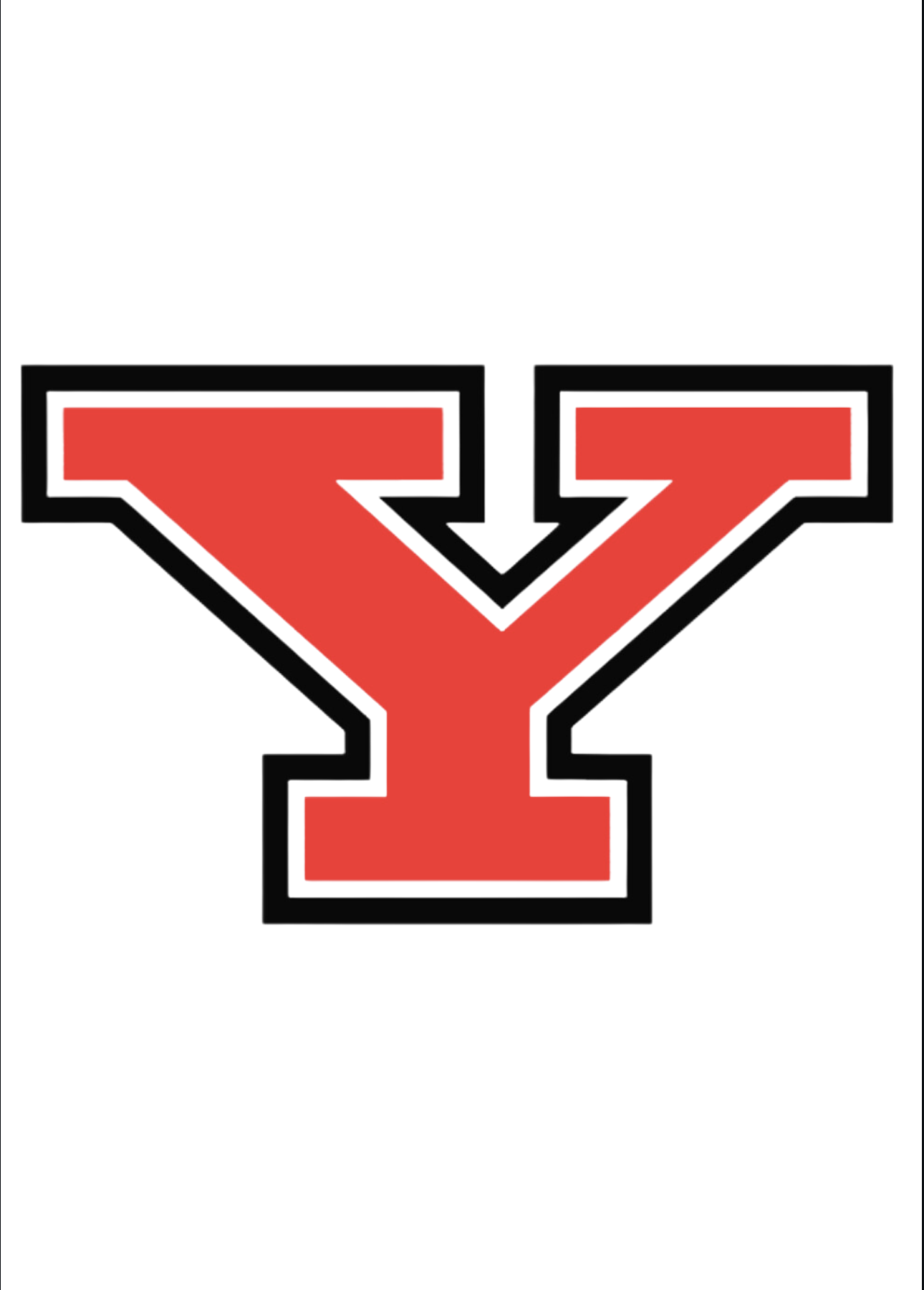
Youngstown State University
Intelligent Score: 86.87In-state: $8,966
Out-of-state: $9,326
In-state: $6,072
Out-of-state: $6,072
SAT: 960-1190
ACT: 18-24
In-State: $446
Out-of-State: $461
Online
Commission on Accreditation for Respiratory Care
123-125
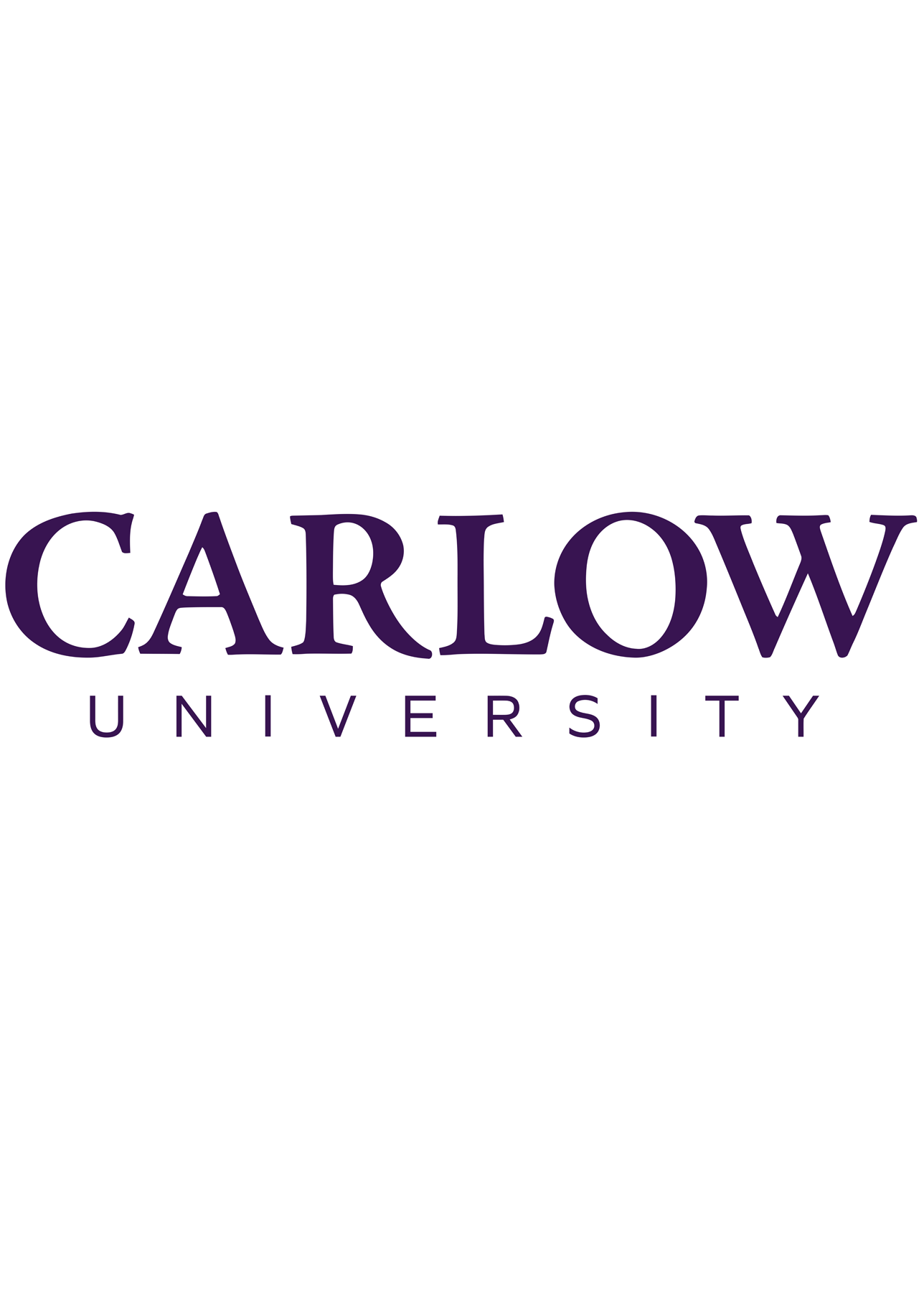
Carlow University
Intelligent Score: 85.31In-state: $30,542
Out-of-state: $30,542
In-state: $19,844
Out-of-state: $19,844
SAT: 980-1140
ACT: 19-24
$495
Online
National Board for Respiratory Care
120

Jacksonville State University
Intelligent Score: 85.24In-state: $9,720
Out-of-state: $19,440
In-state: $9,600
Out-of-state: $9,600
SAT: 840-1070
ACT: 18-24
$343
Online
Commission on Accreditation for Respiratory Care
121

Liberty University
Intelligent Score: 85.21In-state: $14,791
Out-of-state: $14,791
In-state: $7,935
Out-of-state: $7,935
SAT: 1040-1250
ACT: 21-29
$390
Online
Commission on Accreditation for Respiratory Care
120
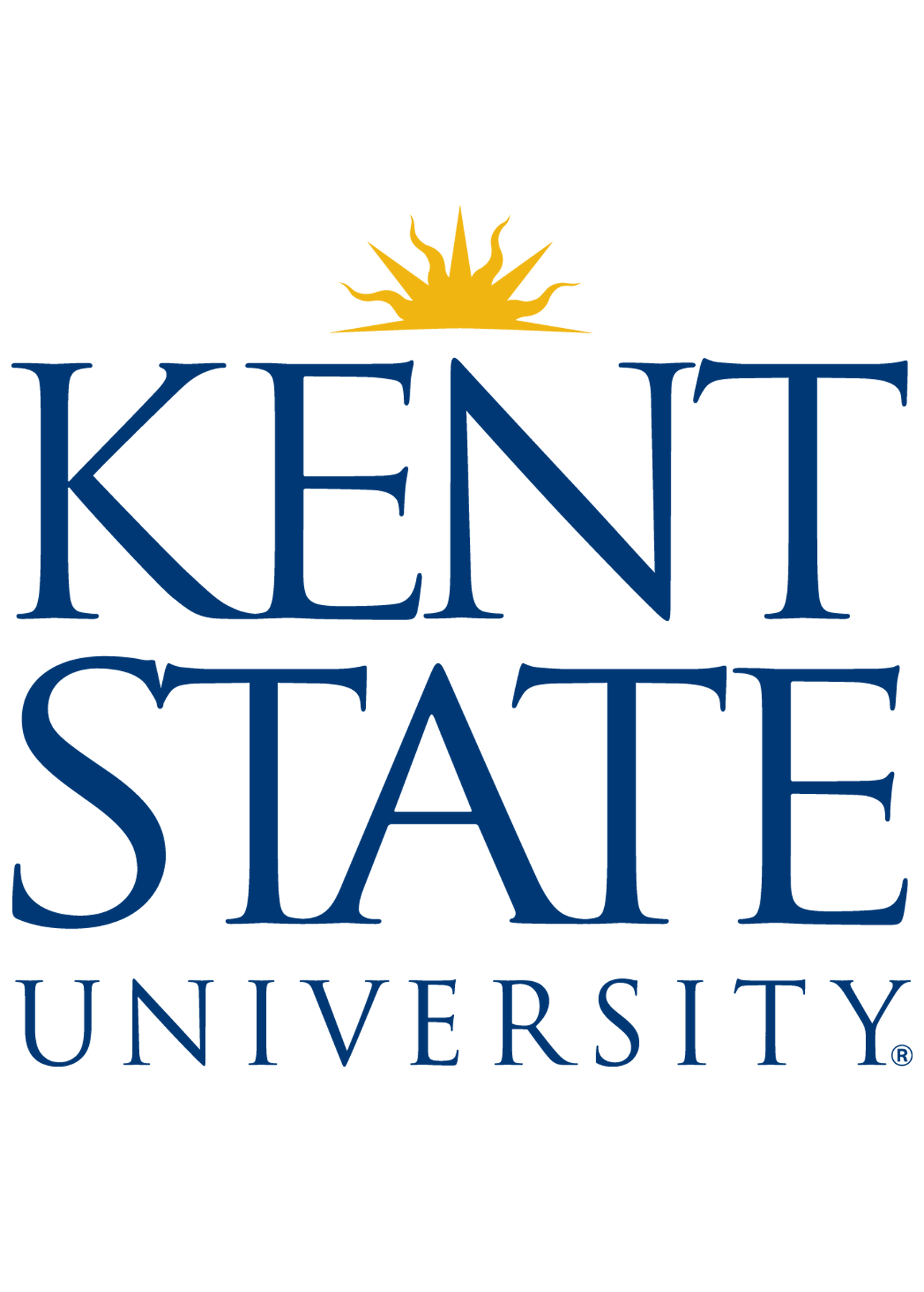
Kent State University
Intelligent Score: 85.01In-state: $10,810
Out-of-state: $19,686
In-state: $11,766
Out-of-state: $11,766
SAT: 1020-1210
ACT: 20-26
Resident: $325 - $381
Non-Resident: $335 - $391
Online
Commission on Accreditation for Respiratory Care
120
How to Choose an Online Respiratory Therapy Degree Program
Choose your area of study
The first step in the college selection process is clarifying your career goals, including what type of job you want to be qualified for after graduation. This clarification will help you determine what kind of program you need regarding your degree and curriculum.
Clarifying career goals involves researching various respiratory therapy concentrations, like gerontology, pediatrics, home health, pulmonary rehabilitation, or sleep laboratories. Depending on their education level, students can pursue the following degrees:
- Associate of Science (AS)
- Associate of Applied Science (AAS)
- Bachelor of Science (BS)
- Bachelor of Applied Science (BAS)
Upon completing a bachelor’s degree, students wanting advanced degrees can pursue an online master’s in respiratory therapy degree program.
Research schools and programs
You should only apply to institutions that have been approved by a DOE-recognized regional accrediting organization, such as the New England Commission of Higher Education or Northwest Commission on Colleges and Universities. These organizations evaluate schools to ensure they provide students with a high-quality education. Those who attend a school that isn’t regionally accredited may be unable to access financial aid or transfer credits to another institution if needed.
Ideally, your online respiratory therapy program will also be accredited by a respected industry group like the Commission on Accreditation for Respiratory Care (CoARC) or the Commission on Accreditation of Allied Health Education Professionals (CAAHEP).
Students with an associate degree in respiratory therapy who want to complete their bachelor’s should speak to a transfer admissions counselor to confirm that their previously earned credits will transfer to their new degree.
To learn more about any schools that you’re interested in, you can visit the school’s website, contact an admissions counselor, follow the school on social media, or attend an in-person or virtual open house.
Prepare for tests and applications
The admissions department’s web page offers great information on what is needed to apply and the deadlines for submission. You can also chat directly with a program representative to verify how to prepare for tests and applications. While application requirements vary by school, students will likely need to prepare the following:
- Application
- Resume
- Letters of recommendation
- Official transcripts showing previous education
- Personal statement
Standardized test scores are sometimes a requirement for online respiratory therapy degree programs. Bachelor’s programs typically accept ACT or SAT scores. Master’s programs may require the Graduate Record Exam (GRE).
Select your program
Before making your final decision, review your needs and goals again. Do you plan to attend school full-time or part-time? Do you want your program to be as online as possible, or are you fine with a hybrid program that has a fair amount of in-person requirements? Some programs offer asynchronous courses, which can be completed at your own pace, while others only offer synchronous courses, which involve remotely attending lectures and completing assignments at the same time as other students — which of these two online learning formats do you prefer? Your school should accommodate your scheduling needs and learning preferences.
Determine how you’ll pay for your degree
There are numerous avenues students can explore to help them pay for an online respiratory therapy degree, including scholarships, grants, fellowships, work-study jobs, and student loans.
Completing the Free Application for Federal Student Aid (FAFSA) is the first step in finding out what kind of aid you’re eligible for. Other resources students can explore include tuition assistance benefits from employers, tax benefits for education, and GI Bill benefits for veterans and military service members.
Contact the university’s financial aid office early in the application process for help accessing funding opportunities.
What Can You Expect from an Online Respiratory Therapy Degree Program?
An AS or AAS in respiratory therapy will require at least 60 credit hours, while a BS or BAS requires 120 credit hours.
Students enrolled in an online respiratory therapy degree will learn skills for delivering patient care, operating equipment, completing documentation, and assisting physicians. In addition to coursework, there will be a clinical component in which students get hands-on experience in a respiratory therapy environment.
It’s essential to confirm that the program prepares students for the certification process for credentialing and, eventually, state licensure. Most U.S. respiratory therapist jobs require certification from the National Board for Respiratory Care. To get certified, students must pass an exam and provide documentation of coursework that meets educational standards.
Potential courses you’ll take in an online respiratory therapy degree program
- Ethics and Laws in Respiratory Care. Students learn to make the best decisions when caring for respiratory therapy patients. The class covers the code of ethics and laws that apply to the industry, including privacy, boundaries, therapist-patient relationships, conflicts of interest, integrity, and state and federal laws.
- Pharmacology for Respiratory Therapy. Students will learn the standard medications for respiratory treatments, their actions, and their interactions. They also learn what to do in case of adverse effects.
- Assessing Patients. Students learn to identify symptoms by assessing vital signs, observing patient behaviors, and using the stethoscope to listen to breathing patterns. They also learn how to gather as much information as possible to aid doctors in developing a treatment plan.
- Mechanical Ventilation. Students learn the anatomy and physiology of the respiratory system and their role when ventilating a patient. They also learn how to avoid dangers like ventilator-associated pneumonia and remove the ventilator safely.
What Can I Do With an Online Respiratory Therapy Degree?
A respiratory therapy degree provides graduates with skills and experience that they can apply to various healthcare positions, including patient assessment, clinical decision-making, emergency response, and data analysis.
Graduates work in various healthcare sectors, including nursing, medical technology, healthcare administration, patient education, and more. Hospitals, nursing homes, and private physician offices are the most common locations where graduates are employed.
An associate degree in respiratory therapy qualifies graduates for most entry-level positions. Mid- and upper-level positions often require a bachelor’s or master’s degree in respiratory therapy.
Career outlook
- Respiratory therapist — Care for those with troubling breathing due to conditions such as asthma or chronic obstructive pulmonary disease. These individuals examine patients, perform tests, provide treatment, and monitor progress.
- Median annual salary: $77,960
- Projected employment growth (through 2032): 13%
- New jobs projected: 8,600
- Clinical laboratory technologist — Perform tests and procedures ordered by physicians or surgeons to diagnose, treat, and prevent disease.
- Median annual salary: $60,780
- Projected employment growth (through 2032): 5%
- New jobs projected: 24,000
- Medical and health services manager — Plan, direct, and coordinate the activities of a healthcare facility, clinical department, or medical practice, including hiring, scheduling, and monitoring compliance.
- Median annual salary: $110,680
- Projected employment growth (through 2032): 28%
- New jobs projected: 54,700
Online Respiratory Therapy Degree Frequently Asked Questions
How do I apply to an online respiratory therapy degree program?
In most cases, students can apply to a respiratory therapy degree program by submitting their application and supporting materials online. Find out if the school has deadlines or accepts applications on a rolling basis.
Students must provide documentation from their prior education, usually in official transcripts. Some schools require students to have a minimum GPA from previous education, ranging between 2.0 and 3.0. Contact the school for more information if you need clarification on your eligibility.
How much does an online respiratory therapy degree program cost?
The cost of an online respiratory therapy degree depends on various factors, such as the school’s status as a public or private institution. Private schools tend to be more expensive than public schools, though public schools typically charge out-of-state students a much higher tuition rate than in-state students.
How long does it take to earn an online respiratory therapy degree?
For full-time students, an associate degree in respiratory therapy typically takes two years, while a bachelor’s degree usually takes four. However, various factors can impact program duration, including:
- Part-time versus full-time status
- Accelerated or degree-completion programs
- Program format, structured versus flexible
- Retaking a class due to a withdrawal or failing grade
- Unexpected obstacles, including problems at work or home
Is a respiratory therapy degree worth it?
An associate or bachelor’s degree is the prerequisite for all respiratory therapy positions. Without completing a degree, individuals cannot find employment in the field due to the technical skills and training required. All states except Alaska require respiratory therapists to be licensed, as well.
A bachelor’s degree qualifies individuals for a broader range of positions and increases their earning potential. Those without a college degree earn a median weekly salary of $992, while those with a bachelor’s degree earn a median weekly wage of $1,493.
